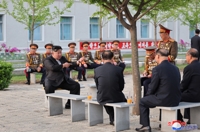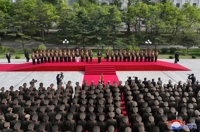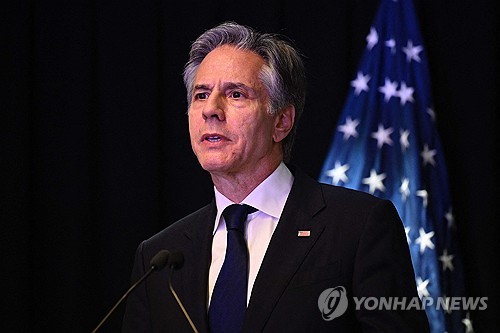S. Korea launches response team to deal with global energy crisis
SEOUL, Oct. 14 (Yonhap) -- South Korea has launched a task force to deal with potential energy supply glitches amid concerns that the global energy crisis is expected to continue into early next year, the industry ministry said Thursday.
Energy prices have hit record highs across the globe, as energy production has failed to keep up with strong demand for the post-pandemic economic recovery, according to market watchers.
In response, the new government-led task force involving energy-related public firms, private companies and experts will closely monitor the supply and demand of energy resources and draw up measures to better respond to fluctuating global energy prices, according to the Ministry of Industry, Trade and Energy.
"The current trend of soaring energy prices is forecast to continue through the winter and well into next February," Vice Minister Park Ki-young said, presiding over the first meeting of the task force.
"We've maintained a relatively stable situation, but uncertainties have grown. It is necessary to monitor the global circumstances on a real-time basis and come up with plans for emergencies," he added.
Asian liquefied natural gas (LNG) spot price, a benchmark for spot LNG contracts, rose to a record high of $56.3 per million British thermal units (mmBtu) last week, up more than 10 times in a year, according to the ministry.
Oil prices have also hovered above the multiyear average recently. West Texas Intermediate crude futures reached a seven-year high of $80.50 per barrel this week amid tight supplies.
Coal prices have risen to record levels amid an ongoing supply crunch, particularly in China, with the price per ton hitting a five-year high of $247 earlier this month.
Market watchers forecast that such a trend is expected to continue through early spring due to the combination of the possible surge in demand in the post-pandemic era and in winter, continuous supply outages, and political and diplomatic factors, such as a trade war between China and Australia.
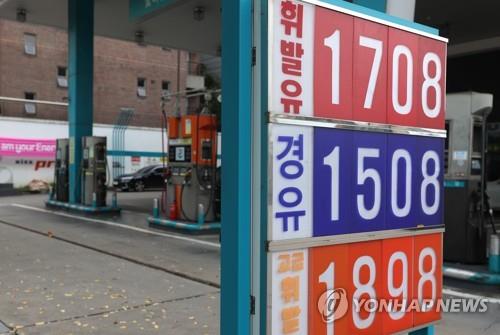
This photo, taken on Oct. 10, 2021, shows a gas station in Seoul selling gasoline at 1,708 won (US$1.44) per liter amid the hike of international oil prices. (Yonhap)
graceoh@yna.co.kr
(END)
-
 'Queen of Tears' weaves rich tapestry of Korean contemporary art
'Queen of Tears' weaves rich tapestry of Korean contemporary art -
 Ateez member Yunho throws first pitch at MLB match between Dodgers, Mets
Ateez member Yunho throws first pitch at MLB match between Dodgers, Mets -
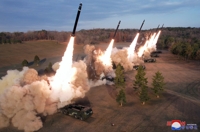 N. Korea says Kim guided simulated nuclear counterattack drills for 1st time
N. Korea says Kim guided simulated nuclear counterattack drills for 1st time -
 N. Korea calls envisioned U.S. aid to Ukraine 'hallucinogen'
N. Korea calls envisioned U.S. aid to Ukraine 'hallucinogen' -
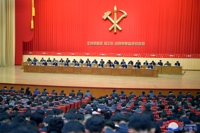 N. Korea calls on party propaganda officials to work harder
N. Korea calls on party propaganda officials to work harder
-
 'Queen of Tears' weaves rich tapestry of Korean contemporary art
'Queen of Tears' weaves rich tapestry of Korean contemporary art -
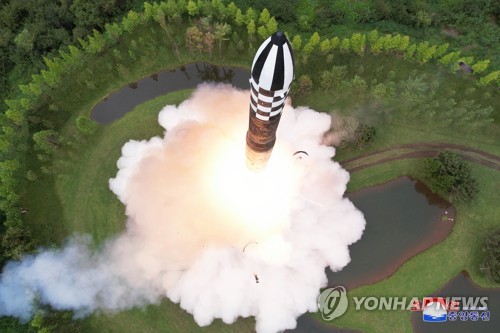 Experts see possibility of N.K. conducting nuclear test before U.S. presidential vote
Experts see possibility of N.K. conducting nuclear test before U.S. presidential vote -
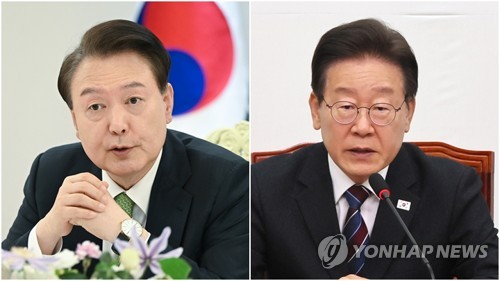 Details of meeting between Yoon, opposition leader undecided: presidential office
Details of meeting between Yoon, opposition leader undecided: presidential office -
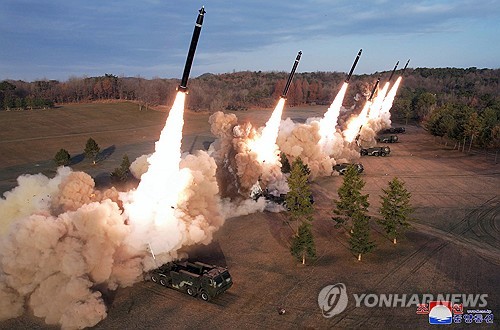 N. Korea says Kim guided simulated nuclear counterattack drills for 1st time
N. Korea says Kim guided simulated nuclear counterattack drills for 1st time -
 Looming weekly closure of major hospitals feared to worsen medical service crisis
Looming weekly closure of major hospitals feared to worsen medical service crisis
-
 S. Korea eliminated in Olympic football qualifiers as poor defense, undisciplined play prove costly
S. Korea eliminated in Olympic football qualifiers as poor defense, undisciplined play prove costly -
 Indonesia coach left with mixed feelings after eliminating native S. Korea in Olympic football qualifiers
Indonesia coach left with mixed feelings after eliminating native S. Korea in Olympic football qualifiers -
 (LEAD) 10-man S. Korea lose to Indonesia to miss out on Paris Olympic football qualification
(LEAD) 10-man S. Korea lose to Indonesia to miss out on Paris Olympic football qualification -
 ADOR CEO calls conflict with Hybe 'worst experience of my life'
ADOR CEO calls conflict with Hybe 'worst experience of my life' -
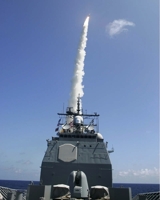 S. Korea to acquire SM-3 shipborne missiles by 2030
S. Korea to acquire SM-3 shipborne missiles by 2030
















